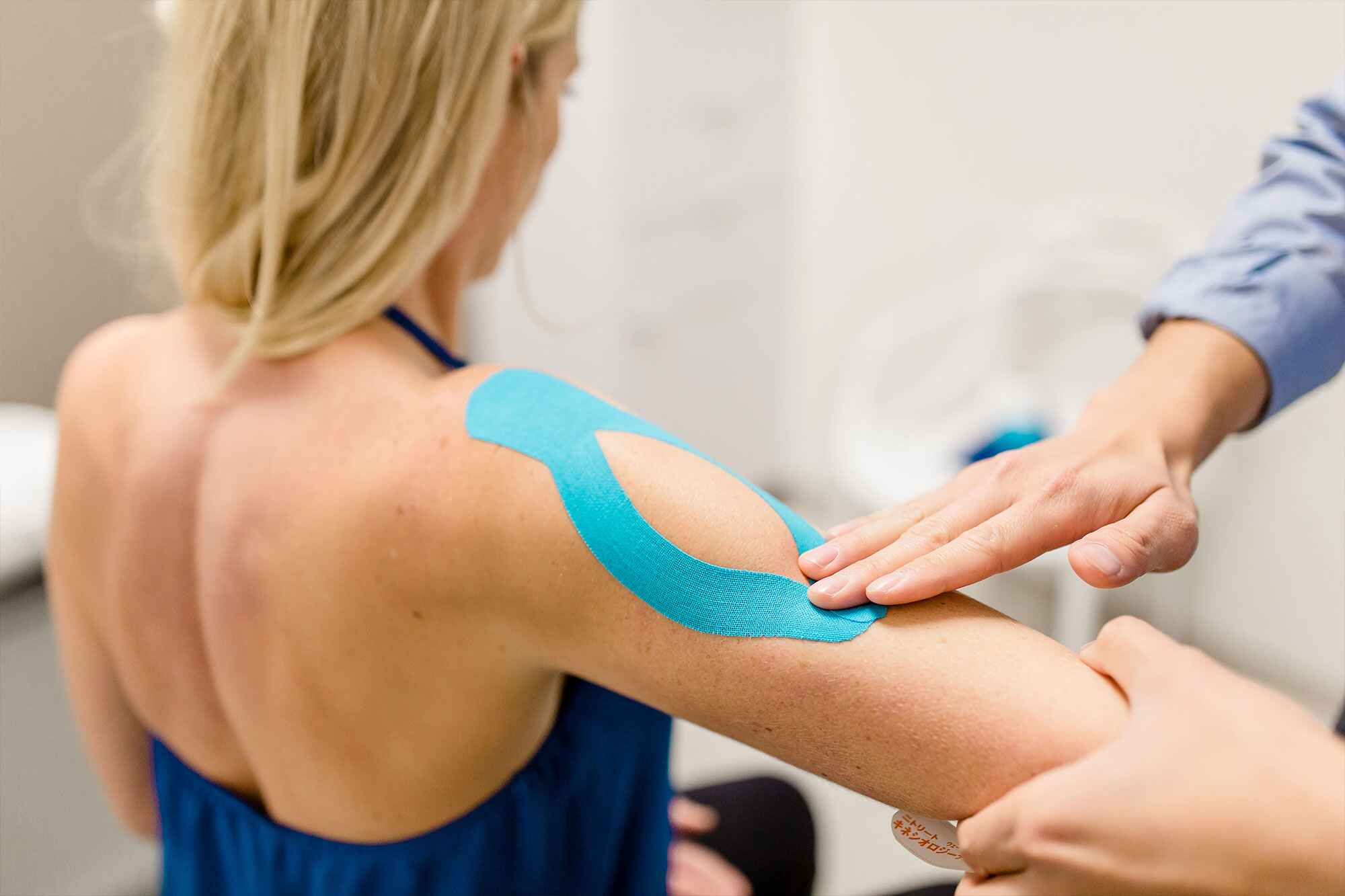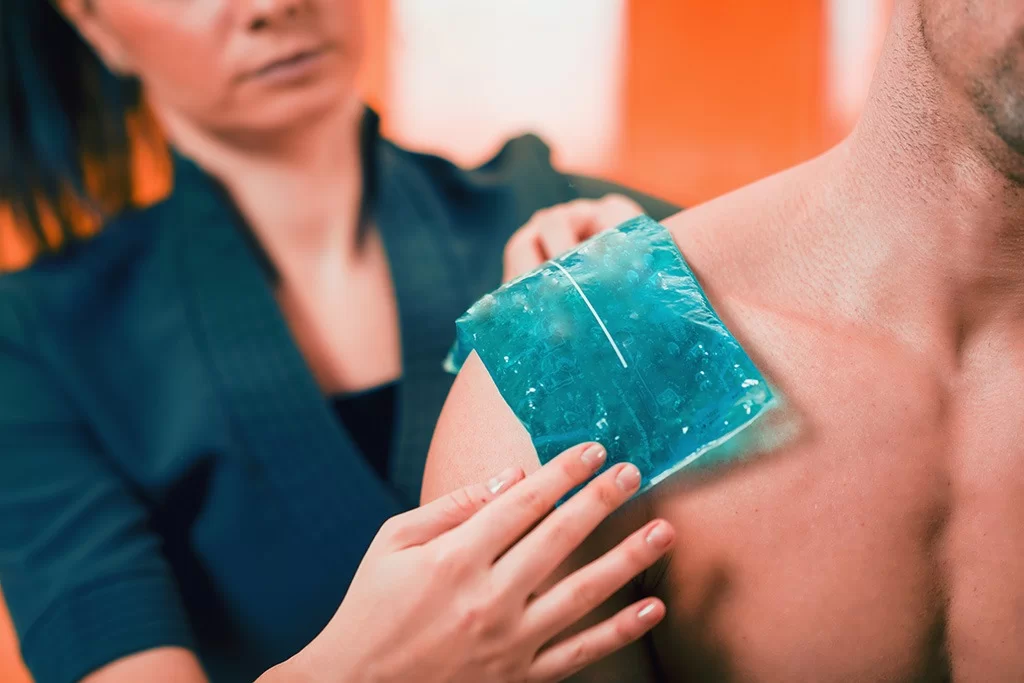A rotator cuff tear can be a painful and debilitating shoulder injury, but surgery isn’t always the first or only option for recovery. Non-surgical approaches can often provide effective relief and improve the function of your shoulder. In this blog, we’ll explore these non-surgical methods for rotator cuff tear recovery, helping you understand your options. For personalized guidance on non-surgical approaches to recover from a rotator cuff tear and regain pain-free shoulder function, reach out to Specialty Care Clinics at (469) 545-9983.
Understanding Rotator Cuff Tears
Before delving into non-surgical treatments, it’s essential to grasp what a rotator cuff tear is. The rotator cuff is a group of muscles and tendons that surround the shoulder joint, enabling its movement and stability. A tear in the rotator cuff can occur due to injury, overuse, or age-related degeneration.
Rest and Activity Modification
One of the first steps in non-surgical recovery is giving your shoulder adequate rest. Avoid activities that exacerbate the pain or strain the shoulder. Your healthcare provider may recommend a sling to immobilize the shoulder temporarily. Resting the shoulder allows the body to begin the natural healing process.
Physical Therapy
Physical therapy plays a vital role in rotator cuff tear recovery. A skilled therapist can create a customized exercise plan to improve the strength and flexibility of the shoulder muscles. These exercises can help alleviate pain, enhance range of motion, and promote healing.
Pain Management
Pain management techniques can provide relief while your shoulder heals. Your healthcare provider may recommend over-the-counter pain relievers, such as ibuprofen or acetaminophen. In some cases, they may prescribe stronger medications or provide corticosteroid injections to reduce inflammation and pain.
Platelet-Rich Plasma (PRP) Therapy
PRP therapy involves using a concentrated solution of your own platelets to stimulate the natural healing process. This non-surgical approach can promote tissue repair and reduce pain. PRP therapy is often considered for rotator cuff tears that haven’t responded to other treatments.
Regenerative Medicine
Regenerative medicine treatments, such as stem cell therapy, are gaining popularity for rotator cuff tear recovery. These treatments harness the body’s own healing potential by introducing regenerative cells into the injured area, encouraging tissue repair and reducing pain.
Anti-Inflammatory Modalities
Various anti-inflammatory modalities can help manage the inflammation associated with rotator cuff tears. These may include ultrasound therapy, iontophoresis, or transcutaneous electrical nerve stimulation (TENS). These techniques can reduce pain and promote healing.
Lifestyle Modifications
Making certain lifestyle changes can support your shoulder’s recovery. Maintaining a healthy weight is essential, as excess weight can strain the shoulder and impede healing. Additionally, improving your posture and avoiding repetitive overhead activities can minimize stress on the rotator cuff.
Assistive Devices
Using assistive devices like braces or slings can help support the shoulder and prevent further injury during daily activities. Your healthcare provider can recommend the most appropriate device based on your specific condition.
Time and Patience
Recovery from a rotator cuff tear takes time and patience. Non-surgical approaches may not provide immediate relief, but with consistent efforts and adherence to your treatment plan, you can experience gradual improvement.
Non-surgical approaches for rotator cuff tear recovery offer viable options for those seeking to avoid surgery or as a step before considering surgical intervention. By rest, physical therapy, pain management, and innovative therapies like PRP and regenerative medicine, you can work towards healing and regaining the function of your shoulder. It’s essential to work closely with a healthcare provider to determine the most suitable non-surgical approach based on the severity of your rotator cuff tear and your overall health. With dedication and professional guidance, you can significantly enhance your shoulder’s condition and regain your quality of life.


